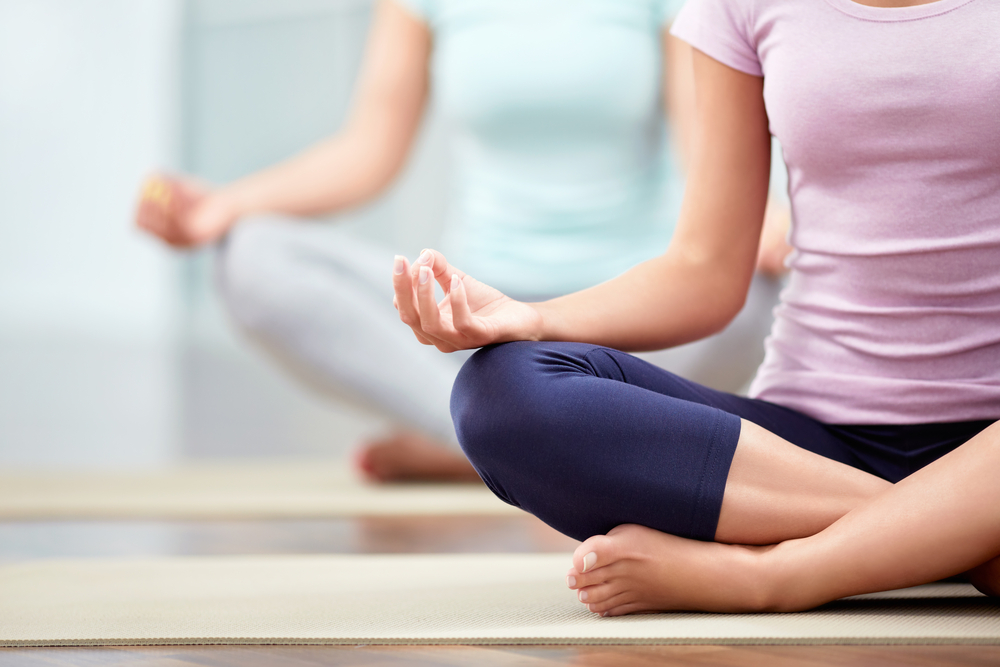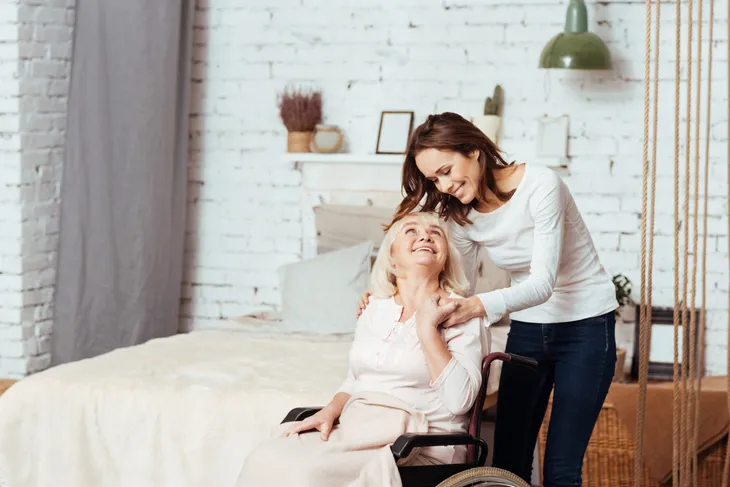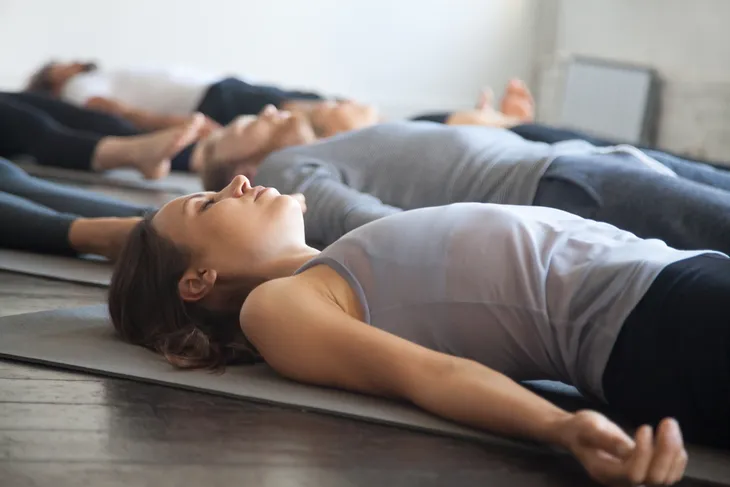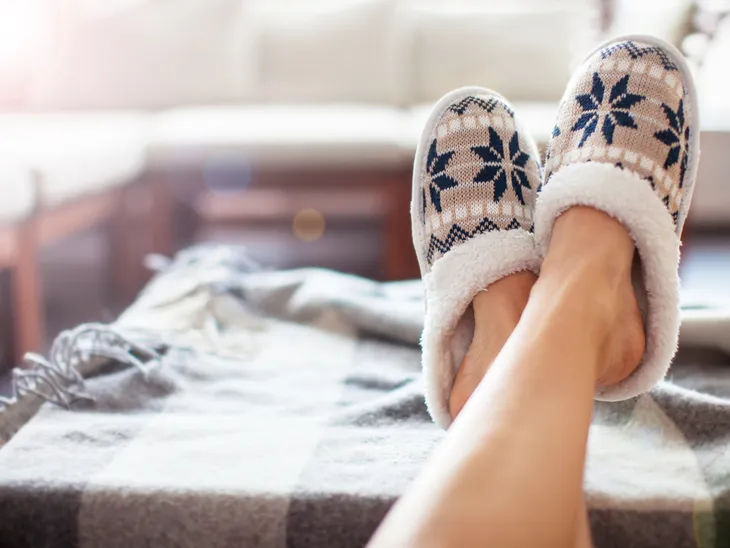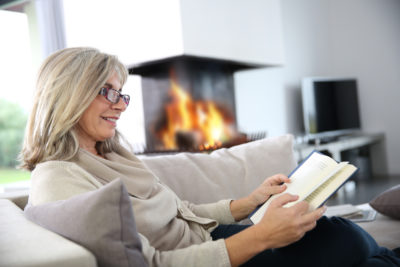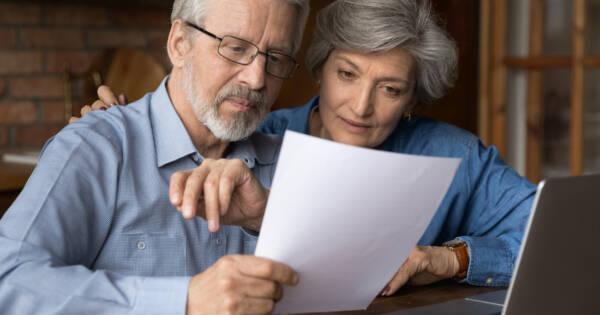Many Americans find themselves as the primary caregiver when in-home medical care becomes prohibitive. Even being a stay-at-home parent can be exhausting, and everyone needs to recharge their batteries from time-to-time.
For the purposes of this article, we’re going to focus on how to cope with being a caregiver to an elderly or sick family member. If you don’t take some time to de-stress occasionally, you run the risk of becoming ill yourself, and that isn’t good for either party. Here are six ways caregivers can show a little self-love…
Recognize Burnout
Perhaps one of the most important things to acknowledge is your own need to slow down and take a time out. Cancer.net notes that signs of stress can include constantly feeling exhausted, getting sick more than usual, losing sleep, and generally feeling irritable.
The source recommends looking for outside help in this case, including hiring a caregiver (or, if costs are too much, you can connect with family members to take on some of the burden). Even if you don’t hire a primary caregiver, you can hire part-time help for cleaning and other duties, it adds.
Break The Patterns
Caregiver.org notes that in many cases, “attitudes and beliefs form personal barriers that stand in the way of caring for yourself.” You may have always put others first, despite the personal consequences of doing so.
The source encourages you to ask yourself some tough questions, such as, “What good will I be to the person I care for if I become ill? If I die?” Identify the reasons for not wanting to care of yourself. For example, if you think taking a break is selfish, or if you have trouble asking for help yourself, it adds.
Work it Out
The same source reminds you that exercise is a great way to de-stress, even if you don’t think you have the time or ability. But it’s not about high-impact exercise, it adds. “Fortunately, research suggests that you can maintain or at least partly restore endurance, balance, strength and flexibility through everyday physical activities like walking and gardening.”
The benefits of exercise will help in many areas as a caregiver, and you’ll probably sleep better, while your nerves will feel a little less jarred. It also can do wonders for your overall mood. If the person you’re caring for is able, have them do some stretching exercises with you if you’re having trouble finding time. A 20-minute walk 3-times a week is “very beneficial,” it adds.
Seek Support
On top of finding outside help to assist in the daily care and chores, one of the best things you can do for your own well-being is to meet with like-minded people that have valuable input, notes the Mayo Clinic.
“A support group can provide validation and encouragement, as well as problem-solving strategies for difficult situations,” notes the clinic. While talking to friends is also great, they may not be able to relate to your situation and offer tips that you can apply to your own situation.
Pamper Yourself
Caregiving can be a thankless job, so you sometimes have to be the one that decides to reward yourself for your efforts. That means you need to remember the things that brought you joy before you became a caregiver, notes AgingCare.com.
Joy can come in many different forms; perhaps you enjoyed taking a walk with your camera, getting a massage, or watching engaging documentaries. Whatever it was that really lifted your spirits, make the arrangements and take some time out to do it.
Meditate
You can do this at the bedside for someone you’re caring for, and it doesn’t take very much time. Meditation can be described as the act of living in the moment, releasing the stresses and responsibilities overwhelming you.
“Whether you can spare 10 minutes or 30 at the beginning or end of your day; meditation can help ease tension and allow you to gain a new perspective on a stressful situation,” notes APlaceForMom.com. Don’t forget the stretching to ease tension, and even learn some yoga techniques you can practice at home, it adds.
